Cauldron Matholicon
This game was created by and for neurodivergent youth looking to sharpen their algebra skills in a cozy, lunarpunk apothecary (it takes a while to load for the first time, so thanks for being patient :)).
Introduction
You are a kind traveling wizard healer who runs a potion shop in a soft, lunarpunk village, where community means everything. You live a simple life, harvesting the herbs in your garden for your apothecary, but once in a while, customers on their own adventures come in requesting healing potions, which you can make with the power of addition and subtraction.
Follow recipes, scale ingredients using your math knowledge, and brew them with care. This game is made for students between 3rd - 7th grade, who are just catching up on their addition and subtraction, and want to do so in a fun, cozy, lunarpunk world, in whose community you are always welcome!
Learning Outcomes:
- Math Skills (Grade 3–8):
- Addition and Subtraction.
- Visualizing Addition and Subtraction using a number line
- Cognitive Skills:
- Pattern recognition (repeat recipes)
- Problem-solving in recipe logic
- Social Emotional Learning:
- Empathy through character stories
- Positive reinforcement and gentle correction
Curriculum and Standards Alignment
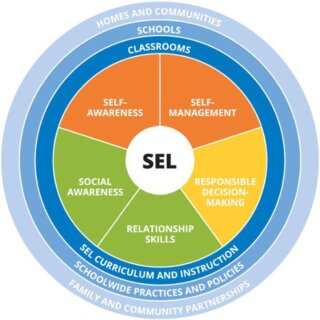
This is the CASEL wheel, representing the five principles of the CASEL framework
To make this game accessible, we used the CASEL framework (https://casel.org/fundamentals-of-sel/what-is-the-casel-framework/) to incorporate Social-Emotional Learning. To align our game with the CASEL standards as best as we could, we used the following framework:
Self-Awareness: Players reflect on potion outcomes—what went well, what could improve.
Social Awareness Villager requests include emotional context (e.g. “My stars are losing their spark”). Players learn empathy by choosing supportive dialogue and appropriate potions.
Relationship Skills Include dialogue choices that build trust with customers.
Responsible Decision-Making Players choose which potion to prioritize when multiple requests come in, based on the customers situation.
All of these features ensure that the gameplay experience can be applied to real-life experiences, such as medical fields, pharmacy fields, culinary and chemistry, while emphasizing kindness, self-awareness and
What We Plan to Add If We Win:
If we are selected, we plan to use the funding for this project to:
Expand for multiple levels: We plan to add more characters who will teach the player about skills such as division (How do you modify recipes to serve 2 servings of a potion instead of four?)
Relationship and Leadership skills: We plan to give the player an apprentice to model positive leadership building skills, alongside a trusted adult.
Self-Management Introduce time management (e.g. brewing deadlines) and goal-setting (e.g. “Make 3 potions today”). Use calming animations and feedback for mistakes.
Localization: We want to adapt the game to multiple cultures, heritages and teach students about the world around them through the customers who visit their humble apothecary, and leave gifts behind!
_________
Progress Photos:
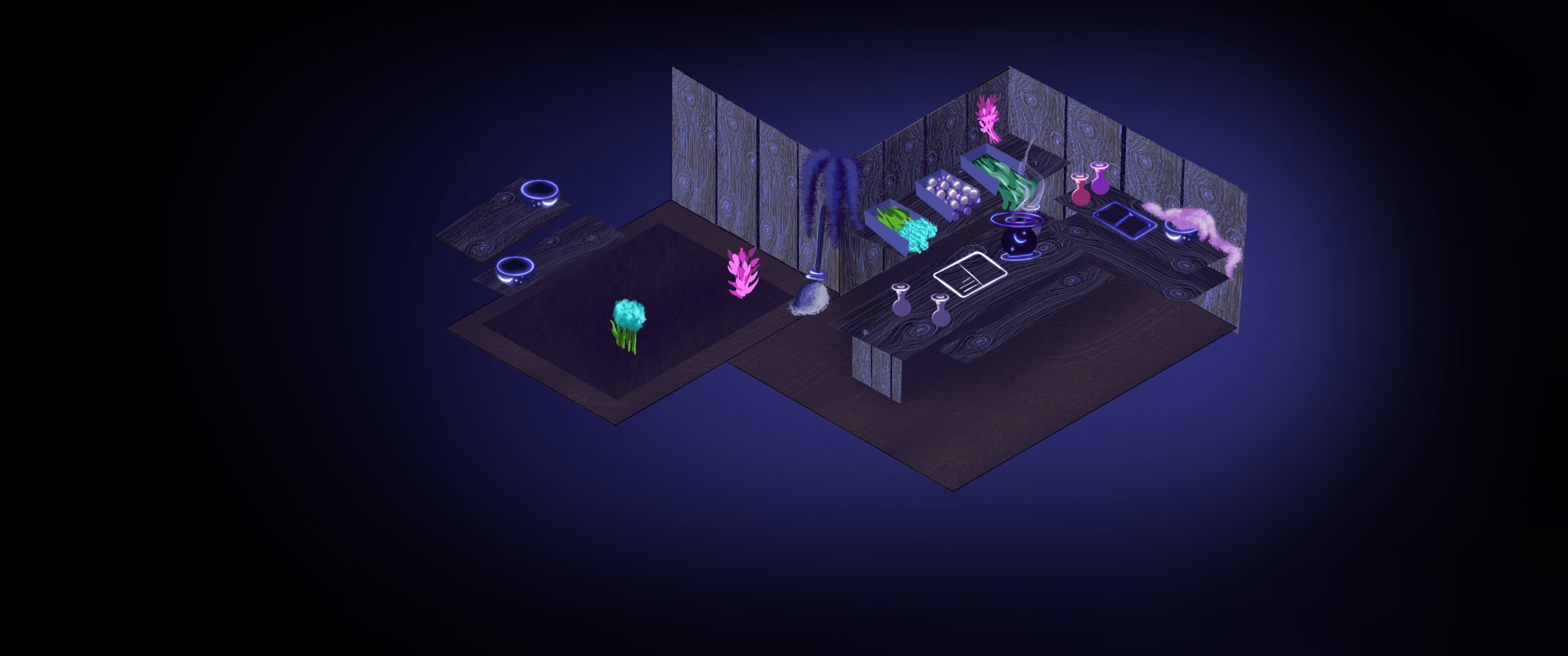
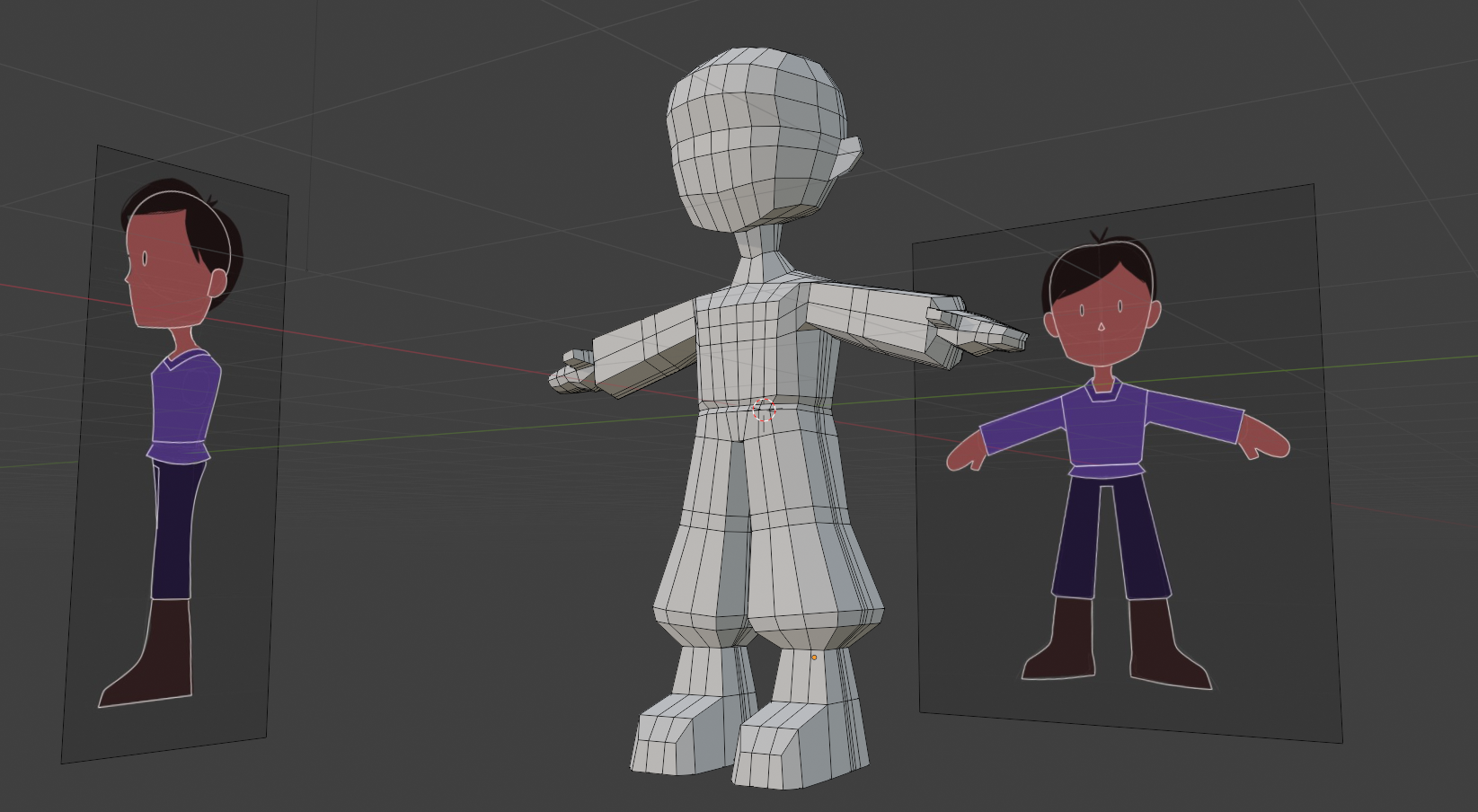
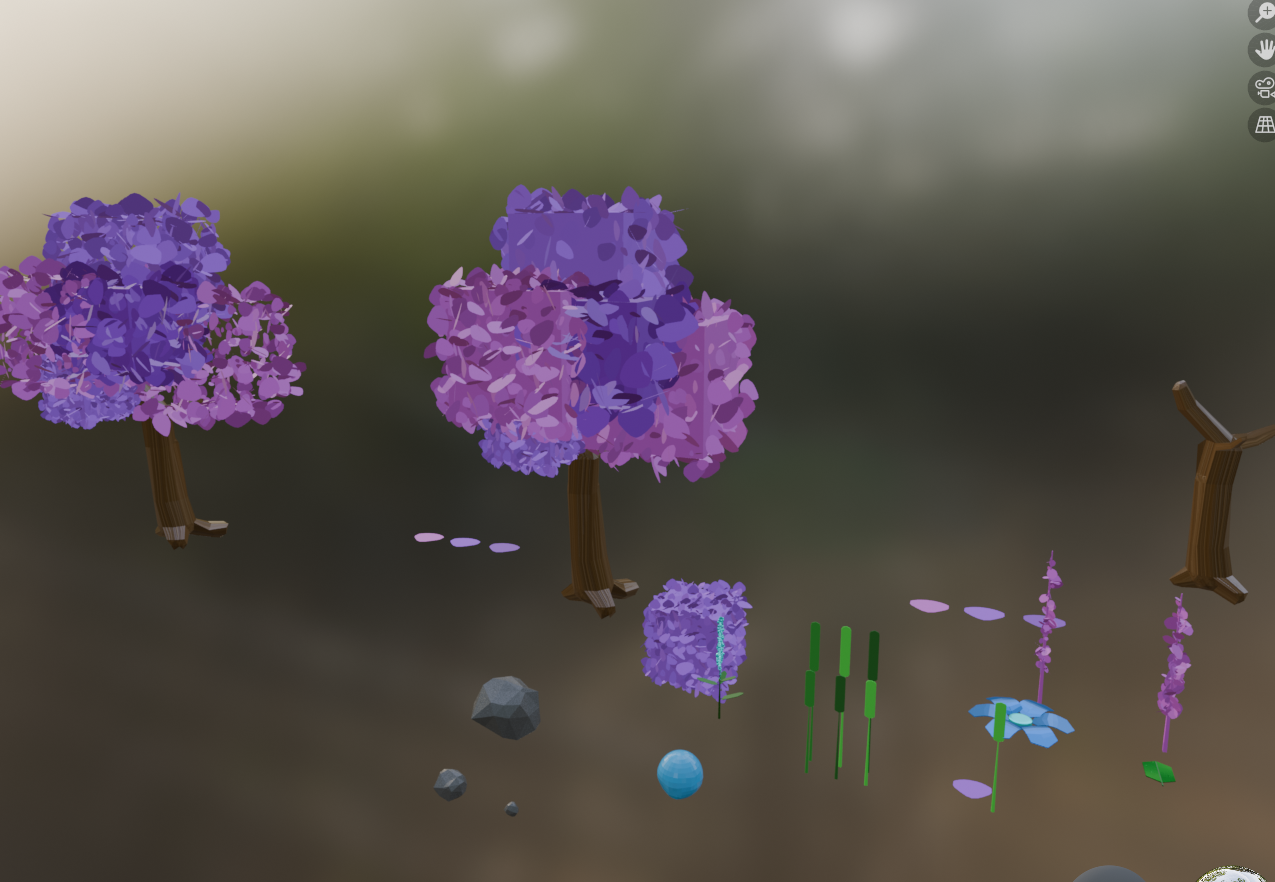
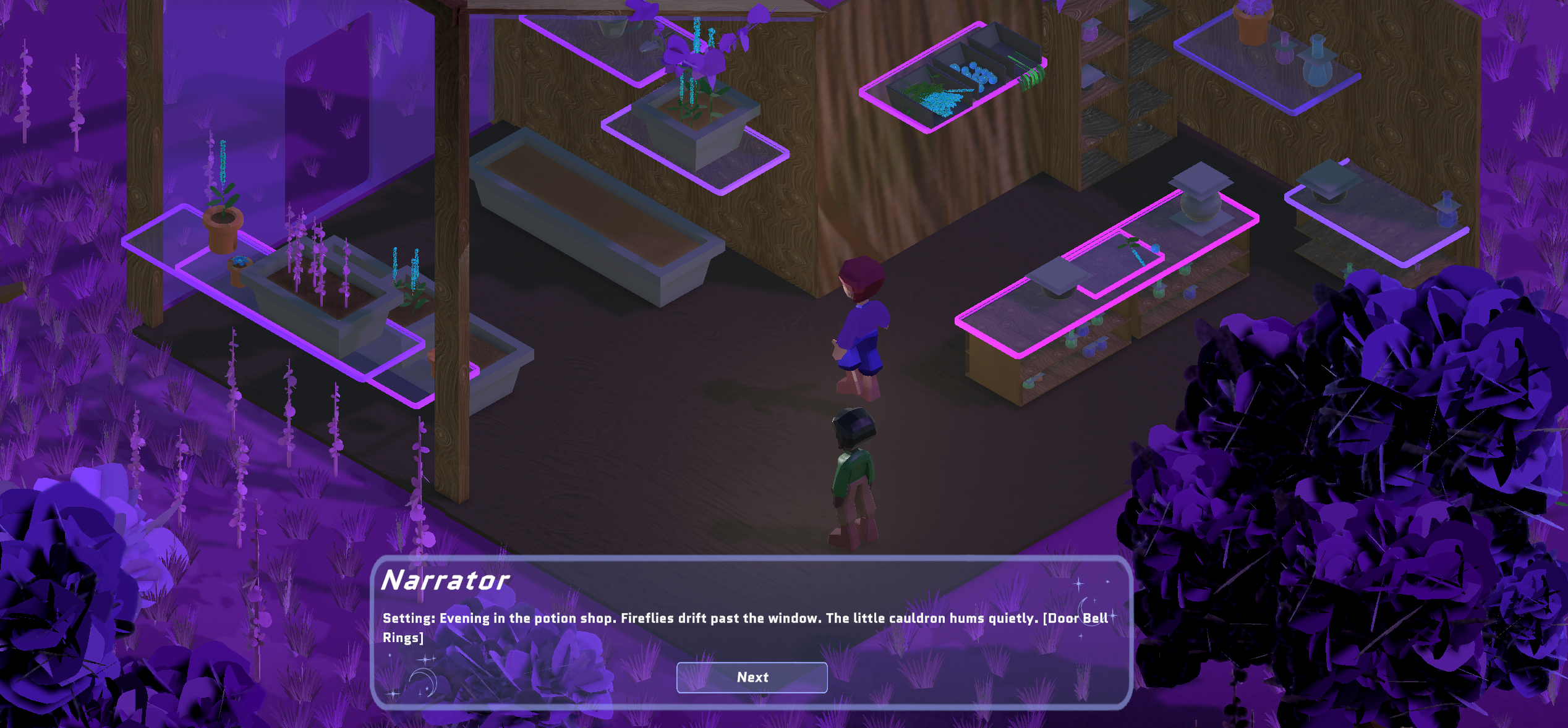
Postmortem:
This game took us about 8 days to build in total, and is our second game ever. We learned:
- How to make custom shaders in Unity, including dithering and shadow effects.
- How to prepare models in blender appropriately to ensure that the models and textures in the game were scaled appropriately.
- This was our first time making an isometric game and we learned a lot about designing for an isometric game and making models for an isometric environment in 3D!
- We learned to greybox early when designing our environment, integrate standards and learning objects before building the game, and we make a great team!
Engineering:
For the engine, we created a dissolve shader that was intended for a fade near camera of the building. These shaders were custom built by the engineers on the project
We also developed a modular dialog system from scratch. In this dialog system, users are able to directly input the narrative, as well as the potion chosen by the user, in order to make the system modifiable and expandable. 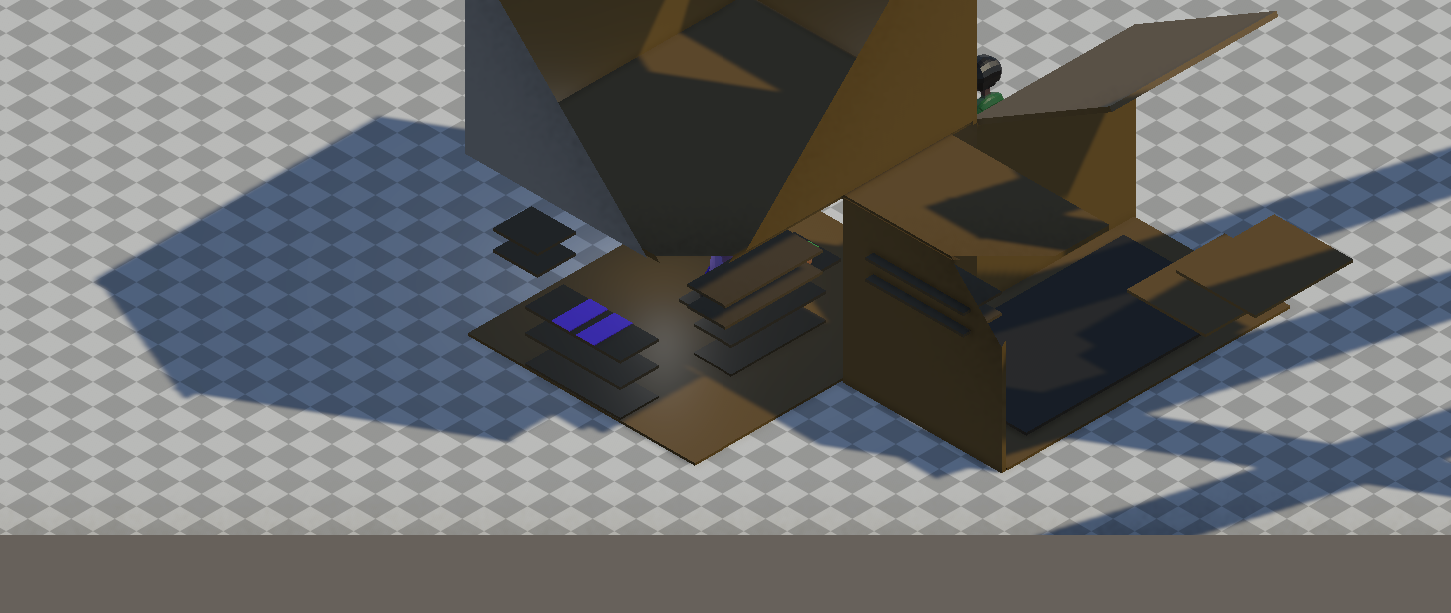
We developed a custom system to create custom potions and and ingredients, as well as their properties. This makes the game expandable and can make it very simple to create new recipes or to develop new levels and challenges within minutes.
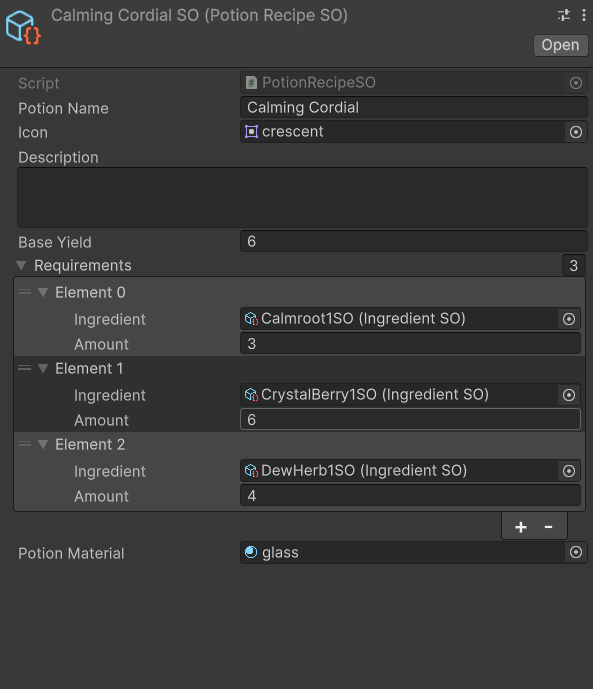
In general, the architecture tries to follow a clean architecture with the use of scriptable objects that can be changed to expand the game
___________________________________________________________________________
David Duarte, Software Engineer, Game Developer
Anjali Gali, UI/UX Art, Concept Art, 3D Art, Level Design
TJ Wilder, Sound Designer and Musician


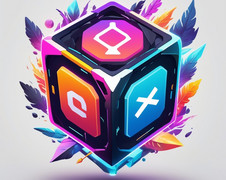
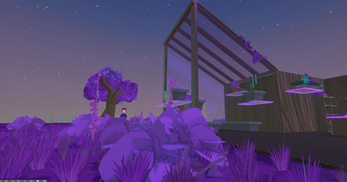
Leave a comment
Log in with itch.io to leave a comment.